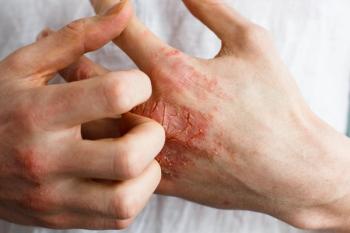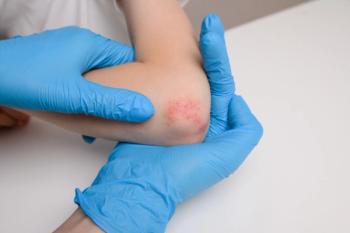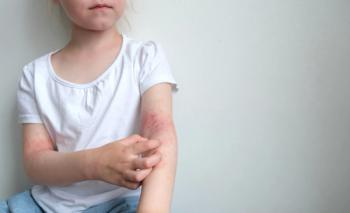
What's Popular in Clean, Sustainable, and Green Skin Care
Customers are looking for skincare products that do more than just take care of their skin.
Q: What are clean cosmetics?
A: I am really not sure what constitutes “clean cosmetics,” and neither are the cosmetic manufacturers. However, this term really seems to resonate with consumers. I think the concept arose when cosmetic ingredient watchdogs came up with the idea that some products contained “bad” substances that could damage skin and overall general health. This then led to the development of lists of ingredients with various safety ratings, allowing consumers to assess the safety of the products they purchase. The problem is that the “good” and “bad” ingredient lists are not consistent and are made by individuals who do not appear to be cosmetic chemists. Thus, there is a lot of confusion regarding the whole concept. “Clean cosmetics” are supposed to be free of all “bad” ingredients, but if you look at the lists, you will notice that many of the “bad” ingredients are preservatives. This is expected, as preservatives are put into products to kill bacteria and prevent contamination. They are used in very low concentrations and are essential to prevent product spoilage. Otherwise, all your skin care products would need to be refrigerated, just like food. There are no good preservatives by definition. Other lists of clean cosmetics do not allow any petroleum-derived substances to be used, such as petrolatum or mineral oil. Petrolatum was actually one of the first cosmetics introduced into the marketplace and is the one moisturizer that is closest in construction to the behavior of the intercellular lipids. Dermatologists know that it is highly effective and a commonly used ingredient in wound care preparations. Many clean ingredients are botanically derived and are considered good because they come from plants. However, plants can be allergens and are not necessarily good for the skin. Thus, this distinction of good ingredients and bad ingredients is hard to generalize for all individuals. At present, it appears that “clean cosmetics” are a marketing campaign to create brand distinction in a crowded marketplace.
Q What are sustainable cosmeceuticals?
A: The whole concept of sustainability is sweeping the cosmetics and skin care industry not only in ingredient selection, but also in packaging. Many cosmetics and skin care products come in elaborate packaging with outer wraps over a cardboard box and include a tissue paper interior liner over a cardboard piece to stabilize the bottle during shipping in a plastic bottle. All these items ultimately end up in a landfill. Part of the sustainable push is to minimize packaging waste and make it recyclable. The other part of sustainability is not over-harvesting ingredients from natural sources. For example, rare barks that come from Brazil used in fragrances could be easily depleted in the rain forest. This has led to fragrance analysis and the production of individual fragrance ingredients that smell like the rare bark but are completely synthetic to prevent selective depletion of plants. Other essential oils that are derived from flowers can also be created synthetically, which encourages sustainability of the plant, but also means the ingredients are not natural because they do not come directly from the plant source. Or are they more natural because synthetic ingredients are purer with fewer contaminants? This points out the vague nature of many of these concepts. Indeed, sustainability is important in cosmeceuticals, but the exact nature of what sustainability embodies has not been universally defined.
Q: What are green skin care products?
A: Green skin care is another rather vague marketing term. Some use the term green skin care synonymously with clean skin care. However, green skin care products may also contain only plant-derived ingredients with no animal products, such as gelatin or hydrolyzed proteins. They also may eliminate any ingredients obtained as by-products from fossil fuels. It appears that each consumer can create their own vision of green skin care. The most important part to the manufacturer is whether the consumer’s vision encourages product purchase.
Newsletter
Pharmacy practice is always changing. Stay ahead of the curve with the Drug Topics newsletter and get the latest drug information, industry trends, and patient care tips.























